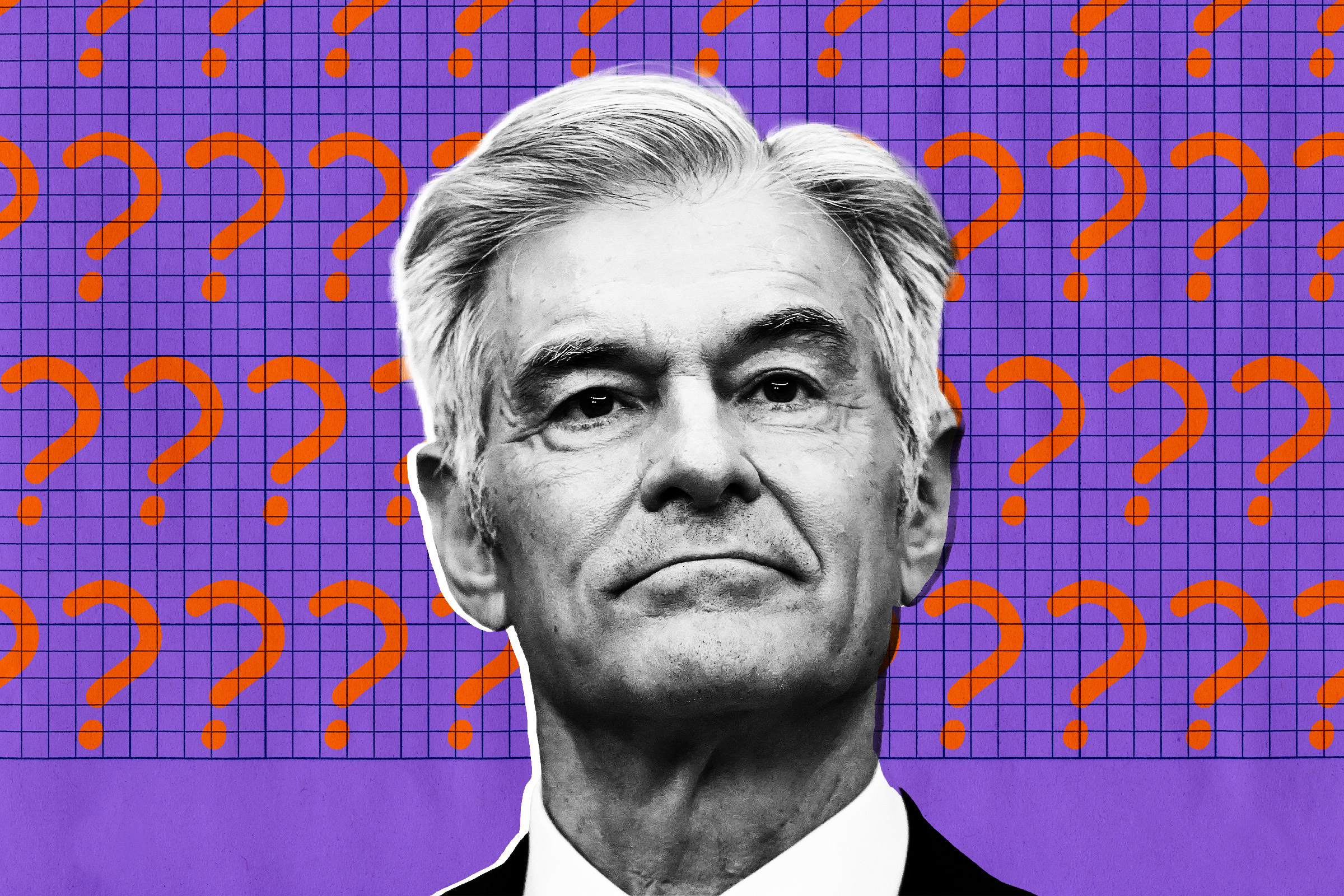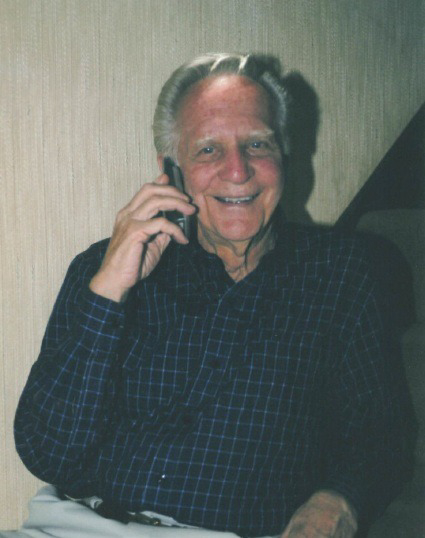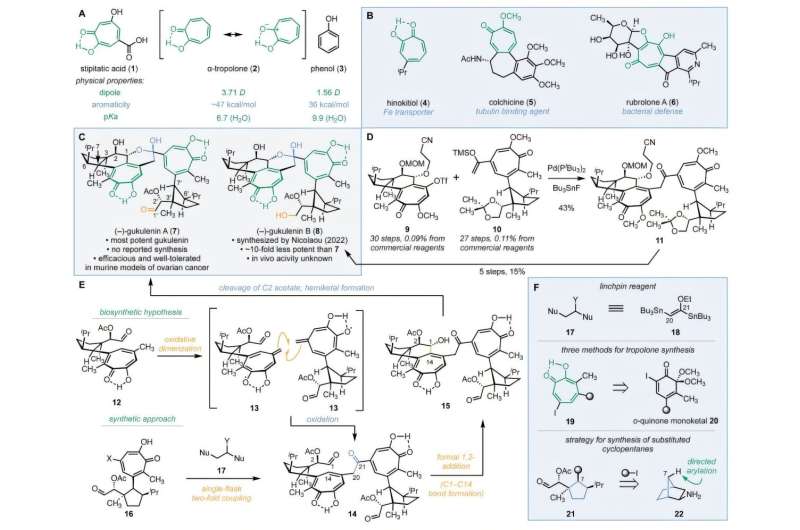Dr. Mehmet Oz, the current administrator for the Centers for Medicare and Medicaid Services, recently faced scrutiny during an interview on NBC News’ “Meet the Press.” He attempted to clarify former President Donald Trump’s assertion that prescription drug prices had been reduced by up to 1,500 percent. The explanation, however, prompted confusion and raised questions about basic arithmetic.
During the segment aired on October 18, 2023, anchor Kristen Welker challenged Oz’s interpretation of Trump’s claim. She pointed out the absurdity of slashing drug prices by such a substantial percentage, asking, “Cutting drug prices by 400 percent — anything over 100 percent— wouldn’t that effectively make them free?” The question indicated a concern about the feasibility of such claims.
Oz’s response seemed to indicate a misunderstanding of the concept of percentage reductions. He explained, “The president does the calculation by saying, ‘OK, if a drug was $100 and you reduce it to $50, it’s 100 percent cheaper because you’re taking $50 off and leaving you with only $50.” His explanation failed to address the core issue at hand, leading to further confusion.
Welker reminded him that Trump had stated 1,500 percent, a figure that, if accurate, would imply that a $100 drug would cost -$1,400. This would suggest a scenario where patients are being compensated to take medications, a mathematically impossible assertion.
Oz attempted to illustrate his point with a different example, stating, “if you take a drug that is $200 or $240 like we did last week and reduce it to $10, those are the numbers you’re talking about.” Despite the apparent inaccuracies, he shifted the focus to a larger question regarding the timing of such pricing strategies, asking, “why didn’t we do this earlier?”
Critics have pointed out that Oz, although a certified physician, has a history of disseminating misleading health information. His recent performance on national television has drawn attention to the credibility of officials appointed in Trump’s administration. Others in similar positions, like Robert F. Kennedy Jr., who has made controversial claims regarding vaccines and public health, further contribute to concerns about the administration’s handling of health policy.
As the discussion surrounding drug pricing continues, the public remains wary of the implications of such statements. The need for clarity in health policy is crucial, especially when significant percentages are being touted by influential figures. Oz’s miscalculation serves as a reminder of the importance of accurate communication in health-related matters.







